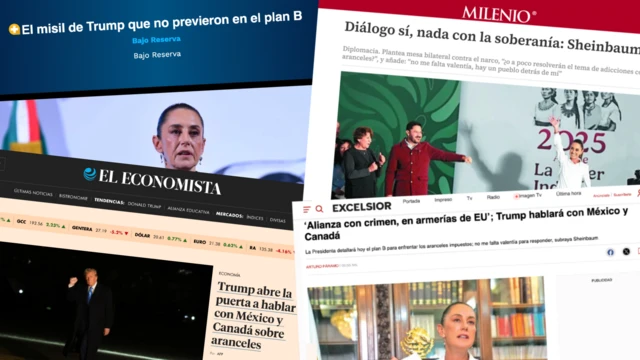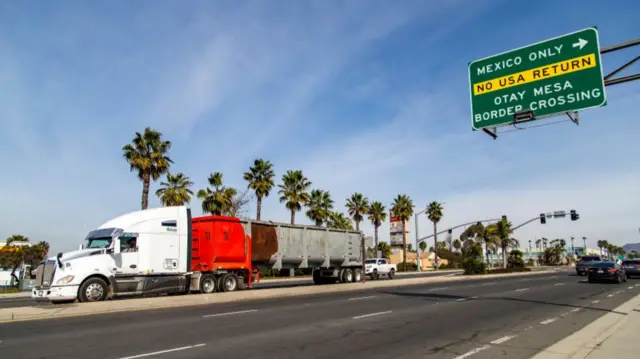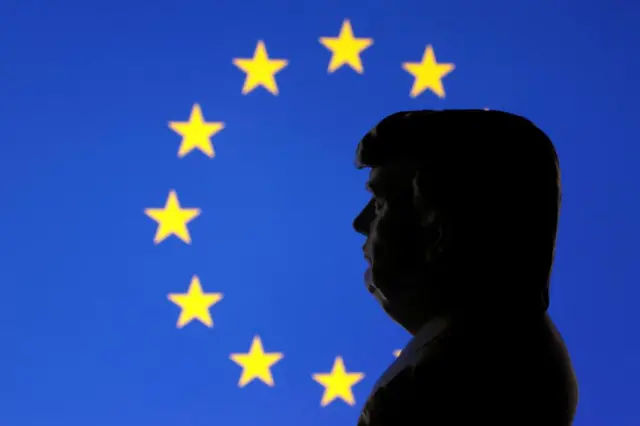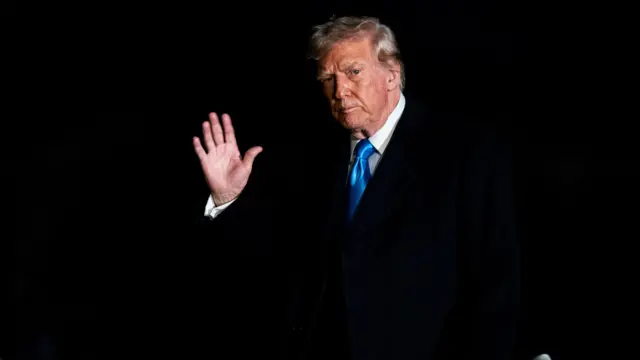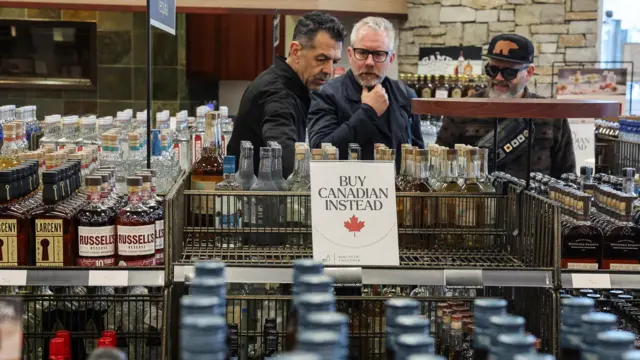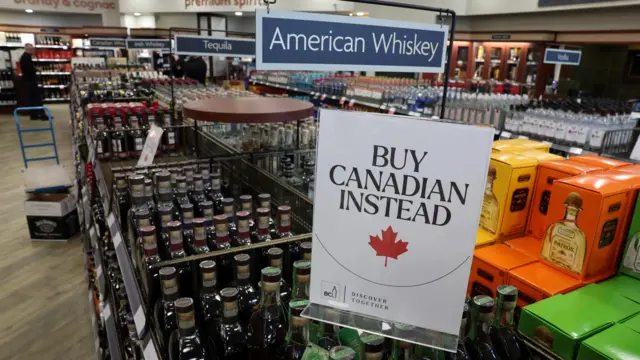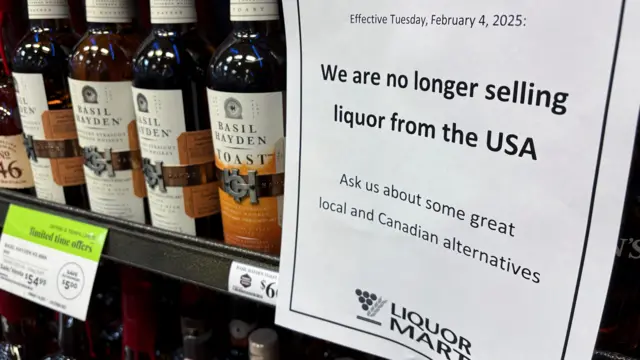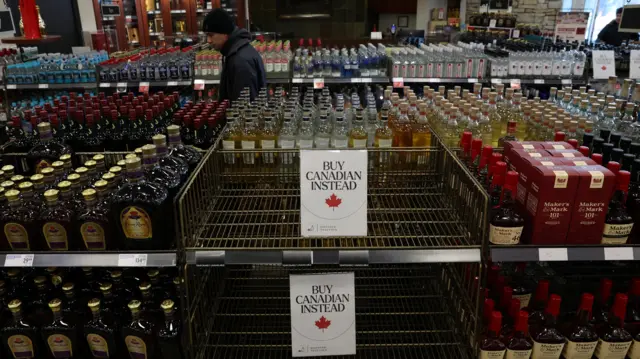As Trump threatens allies and rivals, where does India stand?published at 13:03 GMT 3 February
Nikhil Inamdar
BBC News Business Correspondent, Delhi
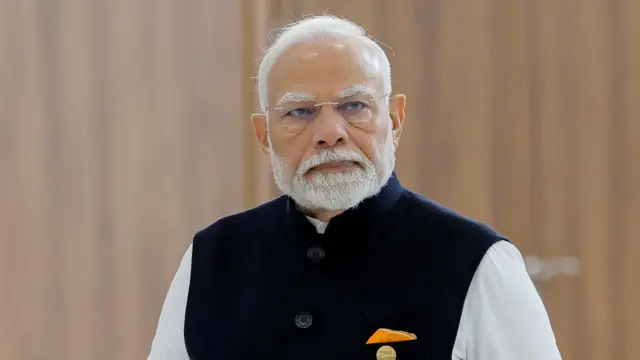 Image source, Reuters
Image source, ReutersIndia has so far escaped the tariffs Donald Trump is imposing or threatening to impose on goods from various parts of the world.
In the past, however, he has called India a “tariff king” and a “big abuser” of trade ties and threatened reciprocal action if Delhi did not reduce taxes on US imports.
Those comments appear to have had the desired impact.
Prime Minister Modi’s recent budget slashed duties on a range of goods, including high-end motorcycles, which would include the iconic Harley Davidson. India’s finance secretary told local media this was a sign the country was “not a tariff king”.
At $36 billion, India’s trade surplus with the US isn’t high either.
But Delhi has turned increasingly protectionist under Modi.
A paper co-authored by the government’s former chief economic advisor found that since 2014, India had undertaken 3,200 tariff increases affecting about 70% of its imports.
While the average tariff rate is 14.7% for non-agricultural goods and 39.6% for agricultural goods, the tariffs India applies to World Trade Organization (WTO) members - at 18.1% in 2022, the latest year for which data is available - are the highest of any major world economy, according to US officials.

